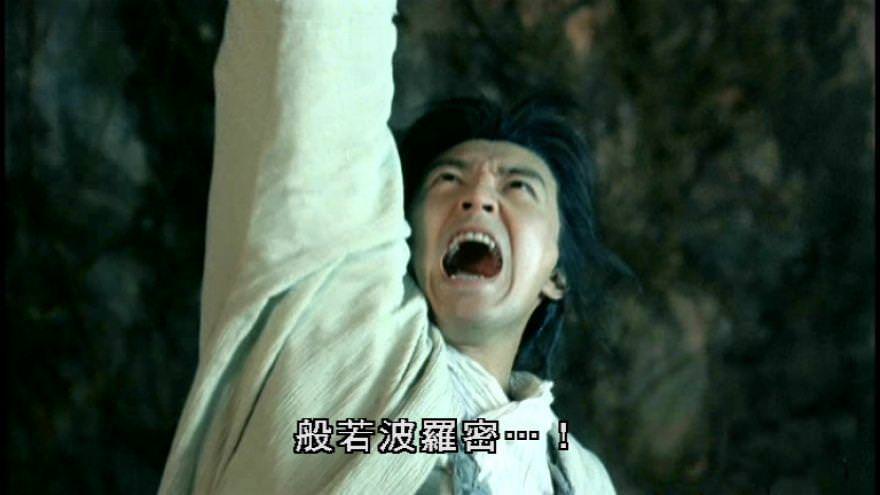Suria and his wives: Cahaya and anti-Cahaya
The masculine form of second ordinal number in the Arabic number system, ثاني (thāni), is etymologically linked to Shāni (சனி or शनि). Shāni is the Indic word for Saturn, the Roman god for agricultural activities.
In Indian mythology, Shāni was an illegit outcome of the union between Suria (सूर्य the Indian sun god) and Chāyā (छाया), who was magically cloned from shadow of Sanjna (संज्ञा), by Sanjna herself, as the solution to following question by her husband:
Who is going to take care of the
household when you go on leave?
It is interesting to note that in Malay corpus, c-ha-y (چهاي) means light source (the positive light) instead of the shadow of the occluded light (the negative light). Don’t ask me why Sanjna cloned a pretty copy of herself and assigned her the temporary responsibility of managing the home. Apparently it was a grave miscalculation as the carnal needs of Suria cannot be left unattended.
In Greek universe, Shani's equivalent is Κρόνος (or Kronos). Because farming requires a lot of planning and impeccable time keeping, Kronos is also the god for time and period and all chrono-related stuffs.
In Indian mythology, however, time-keeping is a not responsibility of Shani, but a responsibility assigned to his wife Darmini, the goddess of Kālā (apparently you know kala means period or time or anything chrono-related in Malay).
We know from experience that most Indian females are gifted with the ability to dance. Dancing, like agricultural activities, requires high precision planning, but its choreographic execution demands good coordination of kala between your brain and your muscle abilities. Since Darmini is the goddess of Kālā, it is only natural that she also assumes the role of the best dancer in the Indian universe.








Comments